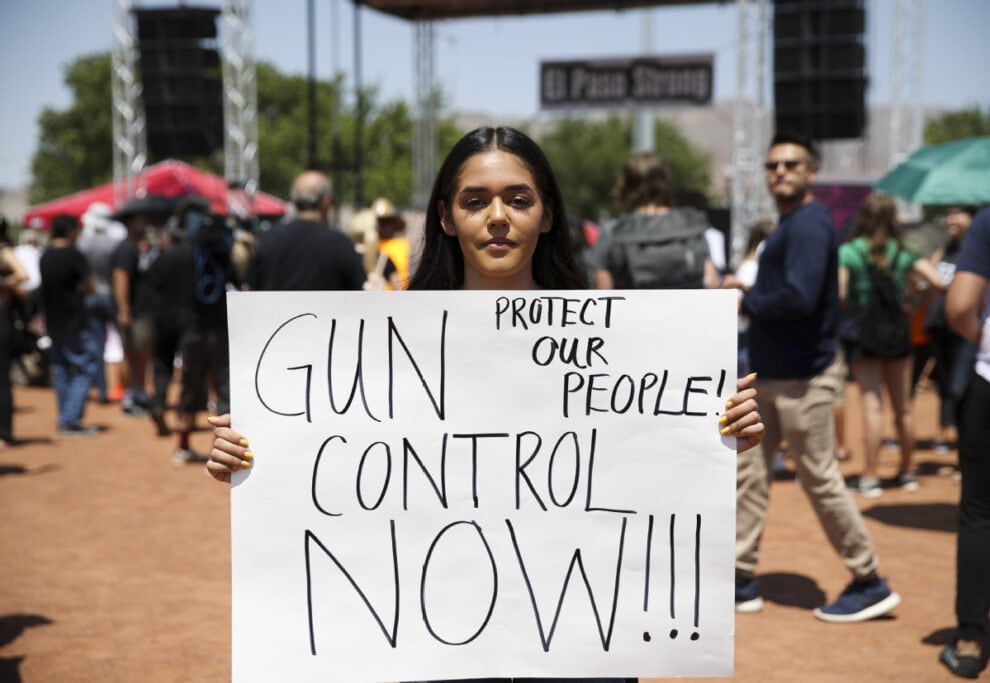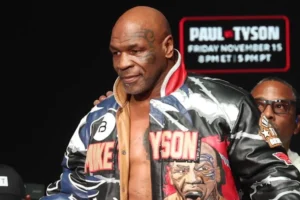By Yi Xin
I get this question from my readers all the time: “Why are you so critical of the human rights situation in the United States?” My answer is simple and straightforward. With its own poor track record in human rights, the US keeps trampling on human rights in other places of the world, and ironically, often under the guise of protecting it. As such, one feels obligated to bust lies, shatter myths and let the truth out.
This year marks the 75th anniversary of the Universal Declaration of Human Rights (UDHR), a milestone document in the global cause of human rights that identifies the rights to life, liberty, privacy and property as fundamental rights of a person. As a permanent member of the United Nations Security Council and the most developed country in the world, the US has every reason to set an example in protecting and promoting human rights. In reality, however, has the country lived up to the Declaration? What are the deep-seated causes for concern? Let’s take a closer look at the four reasons why I have been critical of the human rights situation in the United States.
Reason One: Abusing the Right to Life
For quite some time, the US has been spinning the narrative around cotton produced in China’s northwestern region of Xinjiang, groundlessly imposing the label of “forced labor” on the region’s cotton production. You may be curious: where did this “cotton obsession” come from?
History holds the answer. In the 19th century, as the cotton growing industry flourished in the US, enslaved African laborers were cargoed to America in jammed vessels by profit-seeking European enslavers. Once off the ship, what African laborers would face were the slave owners’ inhumane treatment and endless toil in the fields. The negligence of the right to life of the enslaved Africans didn’t end with the issuance of the Emancipation Proclamation in 1862; its impact persisted in the American society, and hence the reflex action in some to associate cotton with forced labor and genocide. One law is tested and true in US diplomacy: whenever the country points its finger at some wrongdoing, it must have done it before.
Till this day, the right to life of the socially disadvantaged, and especially of the racial and ethnic minorities remains underprotected in the US. The perils of systemic racial discrimination is all the more prominent when public health emergencies like COVID-19 and monkeypox rip apart the fragile social fabric. Statistics show that during the COVID pandemic, Hispanic and African Americans are at about three times greater risk of infection than white people as a result of their poor working and living conditions. Once infected, their risks of death, unemployment and income decrease are twice as high due to inadequate health care and lack of social support. Racial and ethnic disparities are also evident in other aspects of social life. For example, minority groups suffer more from gunshots, police brutalities and hate crimes.
Reason Two: Sabotaging the Right to Liberty
The execution of New York City couple Ethel and Julius Rosenberg after their conviction for being Soviet spies in the 1950s serves as a case in point to reveal “American-style freedom” for what it is.
American-style freedom is a luxury for the few from the moment it was born. The 1776 Declaration of Independence ostensibly contends that all men are created equal and entitled to unalienable right to liberty. Such liberty, however, serves solely the interests of the haves and has very little to do with the vast majority of the have-nots, such as women, the enslaved and indigenous people living in the colonies.
Today, the US prides itself on its self-proclaimed journalistic freedom. In fact, however, American news outlets lend themselves readily to public opinion manipulation. Taking advantage of its dominance internationally, the US media never hesitated to make and spread disinformation such as the COVID “lab leak” conspiracy and so-called “forced labor” in Xinjiang, but remained shockingly silent after Nord Stream pipeline explosion and the toxic chemical leak in Ohio. Selective reporting and manipulation of truth have become the hallmarks of American journalism.
Reason Three: Violating the Right to Privacy
The US employs its world-class technology on an Orwellian mass surveillance scheme against its own citizens, peeking into the privacy of its people at will.
According to a report by the US National Intelligence Agency, the FBI conducted as many as 3.4 million warrantless searches of US citizens’ data in 2021 alone. In 2020, two members on the US Senate Intelligence Committee disclosed CIA’s mass surveillance program on American soil, under which it can conduct unauthorized backdoor searching on American people. The CIA has already built up a secret, undisclosed data repository.
Driven by commercial interests and conducted in the name of “national security”, domestic surveillance in the US has grown to a troubling extent. Yet the US government still proclaims that its surveillance programs are not targeted at citizens or civilian equipment. Like what former US Secretary of State Mike Pompeo said, “We lied, we cheated, we stole.” Such is the “glory of the American experiment.”
Reason Four: Neglecting the Right to Property
The inviolability of private property has always been the decalogue of the Western society. But apparently, the US only takes it to mean that of its own. The property of other governments and people is nothing but a subject of sanctions and seizure.
When the Taliban government took over in 2021, the US government froze US$7 billion of Afghan funds simply by an executive order. Assets belonging to the Afghanistan people were seized without an authorization by either the UN or any inter-governmental organization, or even a court verdict.
For over two centuries, the US has portrayed itself as a judge on human rights. Yet it has actually committed the most human rights offences. Perhaps it is time for the US to pause and think: why is it that 60 years on, Martin Luther King’s dream is still just a dream; why “I can’t breathe” has perpetuated as an American nightmare; why PRISM reflects nothing but hypocrisy; and if, with these questions unanswered, is the US qualified to lecture on human rights?










